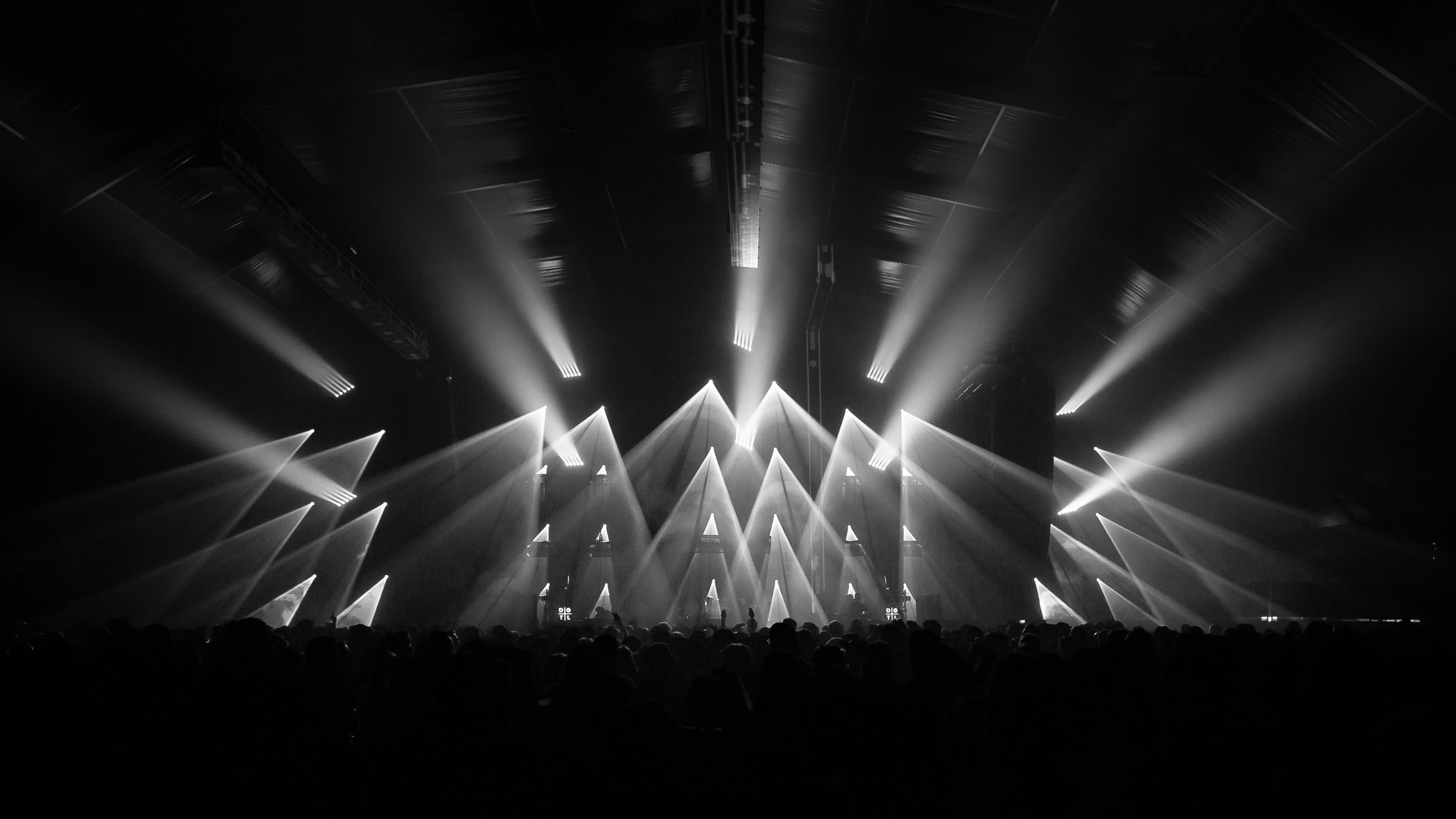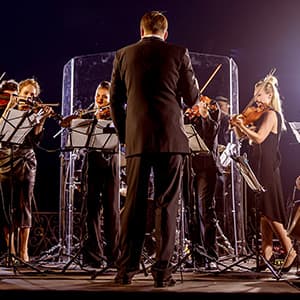

Johann Strauss Tickets
Up to 30% Off Compared to Competitors.
Location: Select Location (e.g, New York)
Events Nearby
We're Sorry. There are currently no events near you.
About Johann Strauss
Today, Johann Strauss II's music continues to be a significant part of concert repertoires worldwide. Modern orchestras frequently perform his works at various events, including classical concerts, summer festivals, and themed performances focused on Viennese music. Renowned orchestras, such as the Vienna Philharmonic and the Berlin Philharmonic, regularly feature Strauss's compositions, particularly during festive occasions. The New Year's Concert, broadcast globally, is a highlight of the concert calendar, drawing millions of viewers each year. In addition to traditional performances, Strauss's music has been reimagined in contemporary contexts, with numerous artists and ensembles experimenting with his pieces through various genres, including jazz and pop. Furthermore, numerous tribute concerts and festivals celebrate Strauss's legacy, allowing new generations of musicians and audiences to engage with his timeless waltzes and operettas. The revival of interest in Strauss's music is reflected in the growing number of performances, recordings, and adaptations, ensuring that his contributions to the world of live music remain vibrant and relevant in today's concert scene.
Johann Strauss History
Johann Strauss II, often referred to as the 'Waltz King', was an Austrian composer born on October 25, 1825, in St. Ulrich near Graz. He was the son of Johann Strauss I, a prominent composer of dance music. Although initially encouraged to pursue a career in banking, Strauss II was drawn to music and began composing waltzes, polkas, and operettas that quickly gained popularity. His compositions, such as 'The Blue Danube' and 'Tritsch-Tratsch-Polka', became synonymous with Viennese music and helped to establish the waltz as a popular social dance across Europe. By the mid-19th century, Strauss II had become the leading composer of light music, and his concerts were the epitome of the Viennese ball culture. He had a unique ability to infuse orchestral music with a lively spirit, making his works highly desirable for public performances. His legacy continued beyond his death on June 3, 1899, as his music laid the foundation for the classical concert tradition and influenced generations of composers. His annual New Year's Concert, held by the Vienna Philharmonic, continues to be a celebrated event, showcasing the enduring appeal of Strauss's compositions.
